First Generation Students Find Their Voice
This is a very exciting time to be a first generation college student!
Today’s first gens are connecting, sharing ideas and advocating for themselves as a distinct group. In a three-part blog series on first generation students, I will explore the first generation college experience today, reflect on the first gen experience a generation ago, and share how design thinking can address the challenges of first generation students by providing a pathway to action.
Today’s First Generation Students: As the first in their families to go to college, first generation students often struggle to adjust to campus life and find the social and academic support they need to succeed both in college and career. Support systems are beginning to emerge, some created by first generation students themselves.
One emerging support system is the Inter-Ivy, First-Generation College Student Network (http://www.1vyg.org). This organization recently brought together more than 250 Ivy League students, administrators and educational stakeholders to discuss first generation issues at a three-day conference held February 27-March 1, 2015 at Brown University. The conference offered presentations, panel discussions and workshops for and about first generation students. There were also opportunities for informal dialogue both among first generation students themselves and between first generation students and university administrators.

Students discuss challenges they face as first in their families to go to college both in small and large groups
Brown students Jessica Brown, Manuel Contreras and Stanley Stewart founded 1vyG to address a myriad of challenges faced by first generation students, such as feeling excluded from many aspects of campus life. Co-founder Stewart remembers feeling his acceptance to Brown was like winning Willy Wonka’s “golden ticket.” But soon after arriving on campus nearly three years ago, Stewart, now a junior, realized matriculation to an Ivy League university was only the beginning. Stewart said he had a tough time adjusting to Brown.
Acceptance to Brown was like winning Willy Wonka’s “golden ticket.”
Brown students initially addressed these issues last year with Sociology professor Gregory Elliott in an independent seminar. The seminar explored socio-economic factors that often affect first gen transitions from home to school. Brown’s administration was so impressed, Elliott said, that it encouraged the students to form 1vyG and organize a conference.
The first generation college students who gathered at Brown were full of energy and determination. They shared their feelings, strategized and began to develop individual university action plans to bring attention to their experiences as first generation students.
Only recently have higher education administrators and faculty members begun to realize that first-generation students, particularly those from low-income families, are less prepared to handle college expectations, especially the expectations of elite colleges. While many colleges and universities have bridge programs that purport to address the academic “deficiencies” of first generation and low-income college students, few have ongoing programs to support students through the often traumatic social adjustment to university life. Yet College Board statistics tell us that only 26 percent of first generation students who enroll in postsecondary education earn a bachelors degree within eight years, compared to 68 percent of students whose parents went to college.
Other voices that need to be heard are those of first generation college students from a generation ago.
The Brown conference was indeed a major milestone. But Ivy League students are not the only first generation college students whose voices ought to be heard. Today approximately one in every six college students in the United States are first generation students. And the numbers of first generation students, particularly those of African-American and Hispanic heritage, will increase rapidly throughout the 21st century.
Clearly, these students have voices. And, in the future, Ivy League first generation students might fill an important leadership role for all first generation college students.
Other voices that need to be heard are those of first generation college students from a generation ago. These silent first gens also need to find their voice. They can use that voice to play a powerful mentoring role, stewarding today’s first generation students through college and the transition to the workforce. First generation alumni mentoring is a powerful tool that has not been fully investigated. Some universities are engaging their own first generation graduates from previous generations to support today’s first generation students. Harvard University, for example, founded the First Generation Harvard Alumni in 2012. This group focuses on mentoring, advocacy, and networking.
The experience of yesterday’s first generation college student is another story that needs to be told. And that will be the subject of the second of this three-blog series on first generation college students.

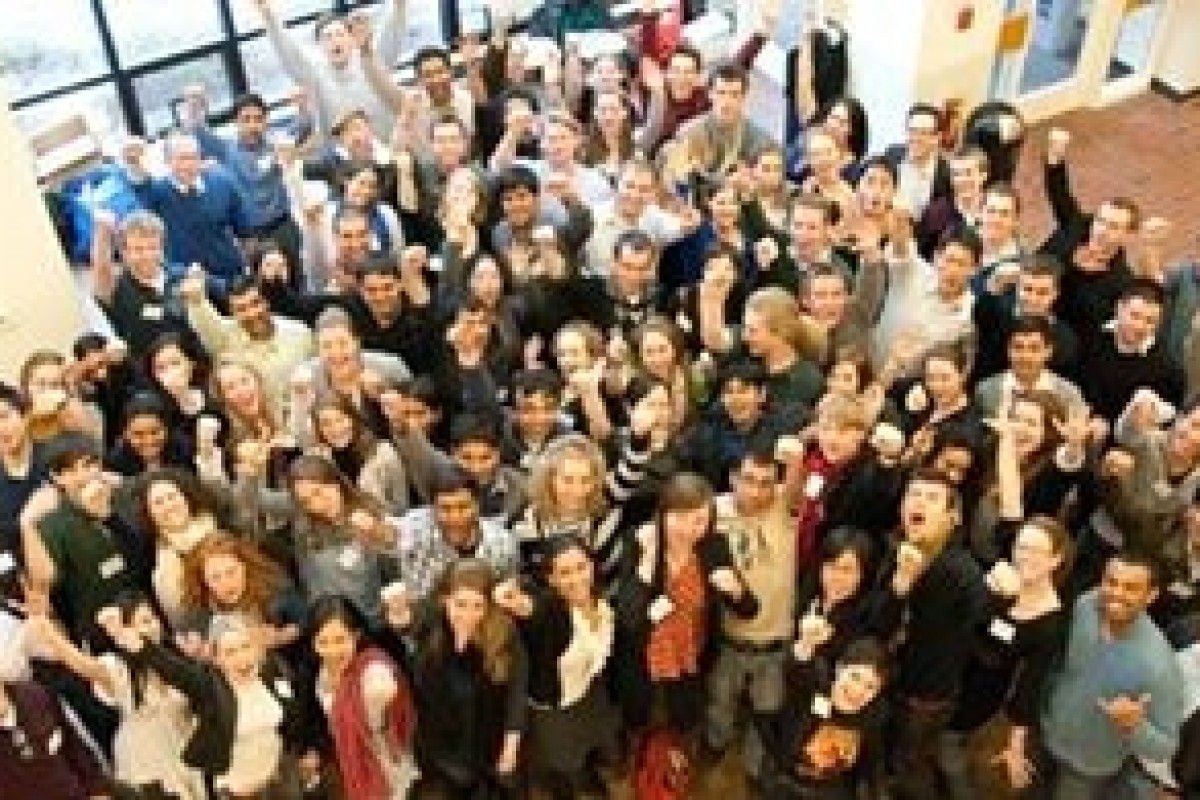



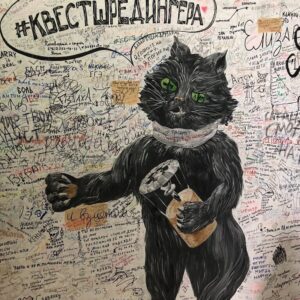
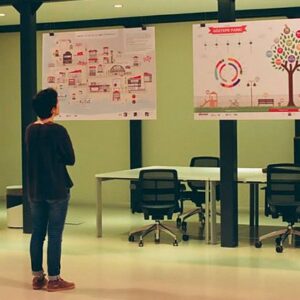




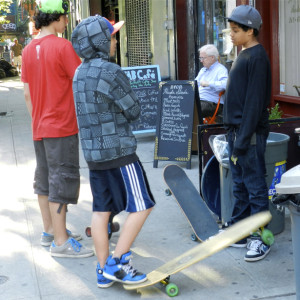
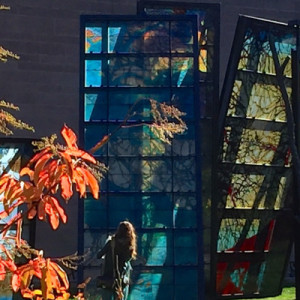
No Comments Yet!
You can be first to comment this post!